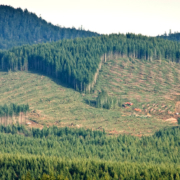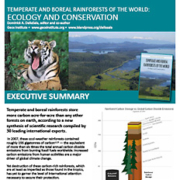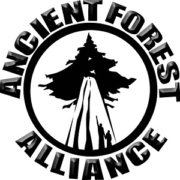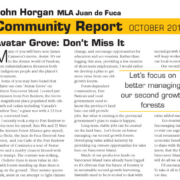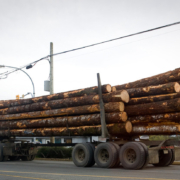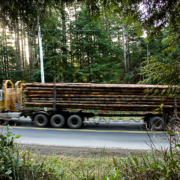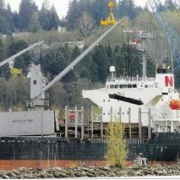The ANCIENT FOREST ALLIANCE’s Special INFO NIGHT, CELEBRATION, and FUNDRAISER!
Please support the new organization in its crucial, formative first year! See great speakers, have a drink, meet other supporters, and make a donation if you can!
Elizabeth May, John Horgan, Ken Wu, TJ Watt, Adriane Carr, Jens Wieting, and other speakers…
TUESDAY, NOV. 30, 2010
Ambrosia Centre,
638 Fisgard St.,
VICTORIA, BC
7:00- 8:00 pm Presentations and Slideshows! (FREE)
8:00-9:00 pm Fundraiser, Drink, and Socialize! (Donations during the pledge auction…)
Confirm and invite others on Facebook at: https://www.facebook.com/event.php?eid=143700762345115&index=1
BC’s old-growth forests are vital for mitigating climate change by storing far more carbon per hectare than the second-growth tree plantations that replace them.
Conversely, climate change is destroying our old-growth forests by killing more trees through intensified winter storms, droughts, and disease.
With Stephen Harper recently killing Canada’s only climate change legislation through the unelected Conservative Senate just before the UN Climate Summit begins in Mexico (the follow-up to last year’s Copenhagen summit) and with the BC Liberal government still contending with a straight face that “we have more old-growth forests today than we did historically” (Forest Minister Pat Bell on the “Voice of BC” in September), we SERIOUSLY must expand the movement for our forests and climate!
The Ancient Forest Alliance, a new organization launched in January of this year, has grown by leaps and bounds with thousands of supporters. We‘re almost 1 year old and if we are to sustain and expand our campaign into a more powerful provincial force, we need YOUR support!
We’ve organized numerous hikes, expeditions (including finding the Avatar Grove), slideshows, rallies, and petition drives, brought on board many new allies, and garnered a huge amount of provincial and national media coverage on our campaigns. See some of what we’ve done at: www.ancientforestalliance.org/news.php
But we need YOUR help to keep going and growing!
PLEASE COME OUT and INVITE FRIENDS and FAMILY to JOIN US!
So…
In the 1st Hour: Hear some of Canada’s MOST ACCOMPLISHED long-time forest activists and see a truly SPECTACULAR SLIDESHOW
In the 2nd Hour: We hope you stay for this, to donate during the PLEDGE AUCTION, along with having a drink or two (if you stay you get a FREE drink ticket for the bar if you’re 19 or older) and SOCIALIZING with the other supporters and AFA activists from Victoria and Vancouver.
Here is a list of the evening’s presentations. Each will be quite brief:
“Ecology and Politics of BC’s Ancient Forests, the spectacular Avatar Grove, and the First Year of the Ancient Forest Alliance,” spectacular slideshow by TJ Watt and Ken Wu of the Ancient Forest Alliance
“The UN Climate Summit in Cancun, Stephen Harper’s sabotage of Canada’s Climate Bill, and Prospects for Climate Progress,” by Elizabeth May, Author of “At the Cutting Edge: The Crisis in Canada’s Forests” and co-author of “Climate Change for Dummies”, former executive director of the Sierra Club of Canada, and current national leader of the Green Party of Canada
“BC’s Climate and Forests Campaign: The push for forest protection and climate conservation areas in BC”, by Jens Wieting, Sierra Club of BC coastal forest coordinator.
NDP MLA John Horgan with also speak on his support for saving the ancient forests of the Avatar Grove!
“Grassroots movements and environmental activism: Some lessons from the 1980’s and ‘90’s”, by Adriane Carr, former Wilderness Committee executive team member and Clayoquot Sound campaigner and deputy Green leader of Canada
Adriane will also be the Pledge Auctioneer to help us raise funds that night! (she’ll explain how a Pledge Auction works)
For more info contact the Ancient Forest Alliance at info@16.52.162.165

